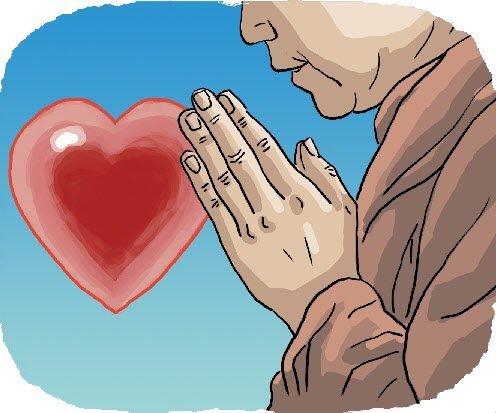Practice compassion
Practice compassion
Posted February. 08, 2023 07:52,
Updated February. 08, 2023 07:52

A person never gets bored of listening to warm stories. An anecdote in the Three Heritage of the Three States is one of them. It is a story of a monk named Zheingxiu who saved a woman dying of cold in the freezing winter.
The story dated to King Aejang of the Silla Dynasty 1,200 years ago. At dusk, a monk was rushing his way back to his temple. It was bitterly cold winter. When he was passing by an altar, he saw a beggar woman, who just gave birth to a child and was dying. The monk unwittingly hugged and started to warm the woman’s body. Time passed, and the woman slowly regained warmth. Leo Tolstoy’s novel “Master and Man” also has a similar episode. The master sees his servant dying in the snow, and he covers the servant’s body with his own and saves the man.
The situation faced by the monk in the Three Heritage of the Three States was even more awkward, not only because he was a monk but also because the person in the hardship was a woman, who gave birth to a child. However, there was no time to measure the weight of what he was about to do. Somehow the monk was dominated by the emotion of compassion that prevailed over reason and drove him to hold the woman in his arms. Tolstoy would have said that some transcendental being ordered the master to embrace his servant, and the master willingly obeyed. The master obeyed the Absolute’s moral order. When the woman gained consciousness, the monk took his clothes off to cover the woman and swiftly left the place. The monk, naked, rushed himself to the temple. He covered himself with a piece of straw mat and stayed up all night in the cold.
The Three Heritage of the Three States writes that the monk later became King Aejang’s adviser. The monk became the king’s teacher not because of his erudition or knowledge but because of his ability to practice compassion. However great one’s intellect may be, it becomes colorless before the actual practice of compassion.







